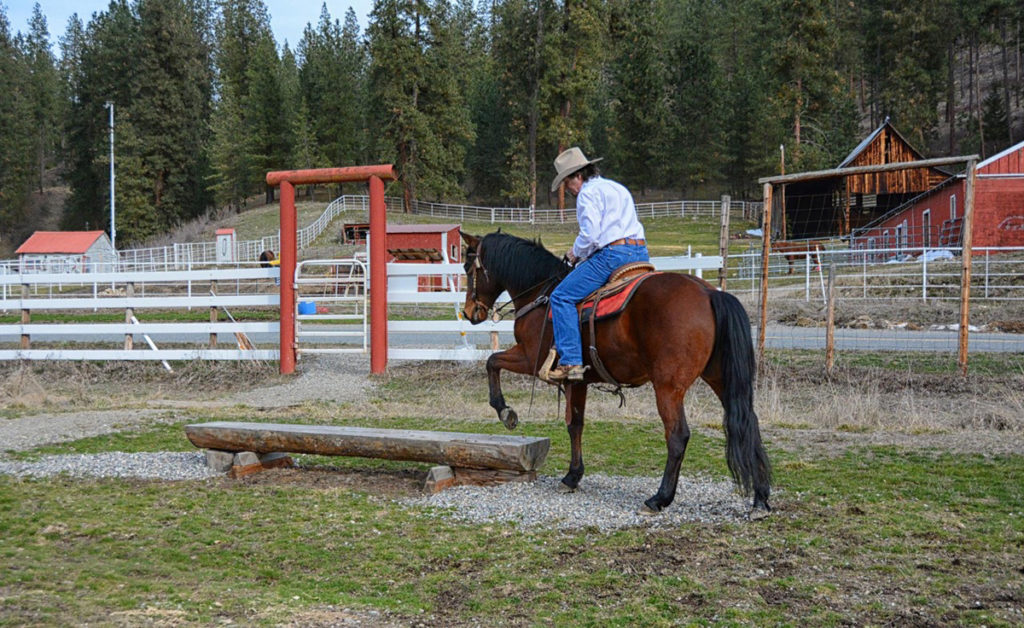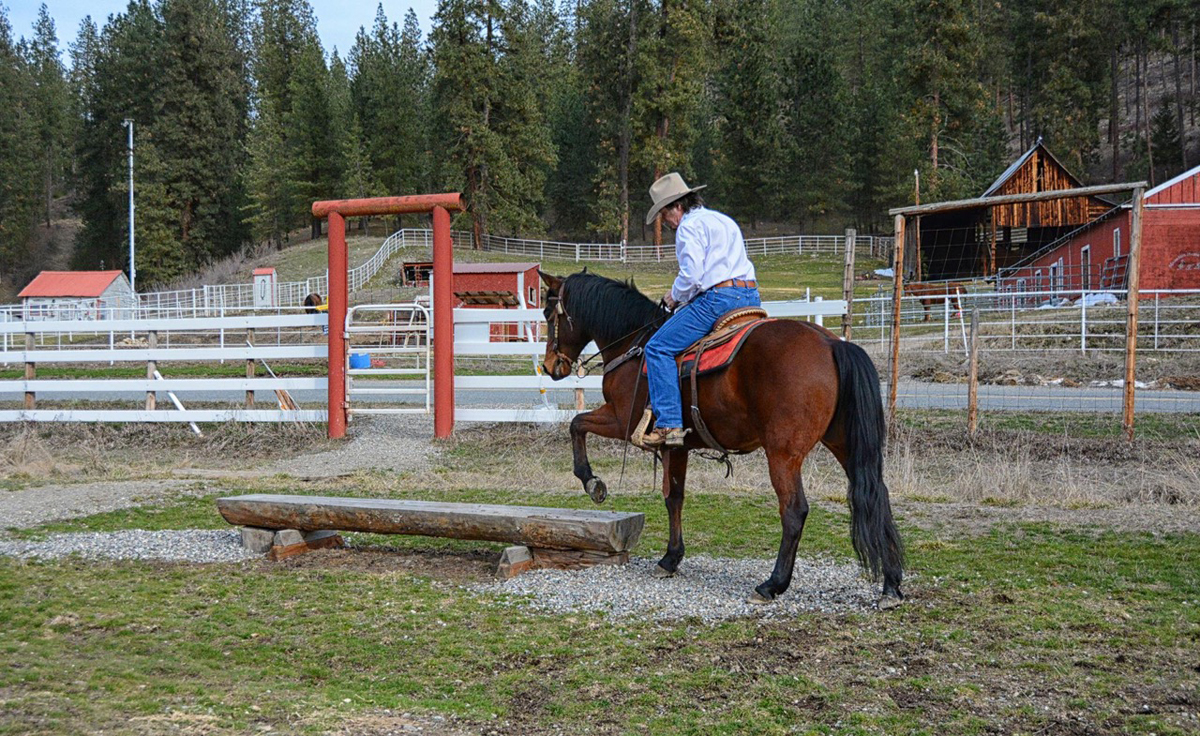Part 1: Becoming a Student
by Gerry Cox
I don’t claim to be an expert horseman, by any stretch of the imagination, but I have had the honor and privilege of riding with great horsemen that are experts. I will never become a great horseman, heck maybe not even a good horseman, but like many of you I just want to become a better horseman. This series is dedicated to the concept of bettering yourself through a process. Here are three things to consider about the horsemanship journey:
Cultivate Patience

Good horsemanship takes time. How long does it take? Well, as long as it takes! Man or beast, we are all just continuing students, some of us may be a little slower in our comprehension, athletic ability and even natural talent. I know it takes me a little longer to catch on. Expect training your horse to take time; he may be a slow learner, too.
All the great horsemen I’ve been privileged to ride with share this theme that learning, teaching, bettering ourselves and our horses is a process, not an event. One of my friends and mentors (and also one of the world’s greatest horsemen) Al Dunning, has a quote he repeats in his books, videos, clinics and casual conversations. He says, “If you can get just 1% of improvement out of your horse each day, won’t your horse be at 100% at the end of 100 days?” How astounding! His point is, don’t try to get to day 17 on day 3, or day 65 on day 21. Be excited, be satisfied, be happy that you and your horse may have accomplished a whopping 1% of improvement, today.
I had the honor of riding with the legendary Les Vogt and I am proud to say I am one of the featured students in his “Cowboy U” video series. Les has a mantra: Train for Tomorrow. He explains that we should only suggest our horse attempt to show a hint of understanding for what we are trying to teach him today, not total comprehension. Plant a little seed of knowledge today so he can dream about it. You should nurture that seed and watch it grow, but don’t over cultivate it.
Another friend and mentor, world champion colt starter Chris Cox said, “Your horse as a 2-year-old has over 20 years of service in front of him; why would we rush his first 30, 60 or 90 days?” The point I am trying to make is that we, as students of the horse, have to force ourselves to slow down. It is okay to have great expectations, but recognize and appreciate the process, don’t try to make it an event. Many of us have a tendency to ask too much, too soon, for too long. Soon we have a frustrated horse that cannot see the light at the end of the tunnel. He may have given us a really good try, but in our excitement we missed it and wanted something bigger, something more advanced than he was ready for or capable of.
There is No Shame in Taking Lessons
In fact, I strongly encourage it and seek instruction myself, all year every year and from as many different people as possible. Don’t be offended if someone makes a suggestion on how to do things differently, just try it. See if it fits or works for you—it may actually improve what you are doing. One of my mentors once said, “When you are having an issue and want to fix it, try doing the opposite of whatever it is you are doing and see if it doesn’t work better.” Sometimes, the process of learning good horsemanship includes eliminating the things you’ve been doing and replacing them with new things.
Be Kind to Your Horse
Like us, they have different levels of ability. Don’t ask too much too soon; recognize those little tries and reward them. Plant seeds and watch them grow tomorrow. If Al Dunning, Les Vogt and Chris Cox are proud and satisfied when their horse improves by 1% each day, shouldn’t the rest of us be excited with half of that? Tune in next month for more tips on good horsemanship. In the meantime, check out this short video on process with a young horse: https://www.youtube.com/watch?v=83mESrvGE2Q

